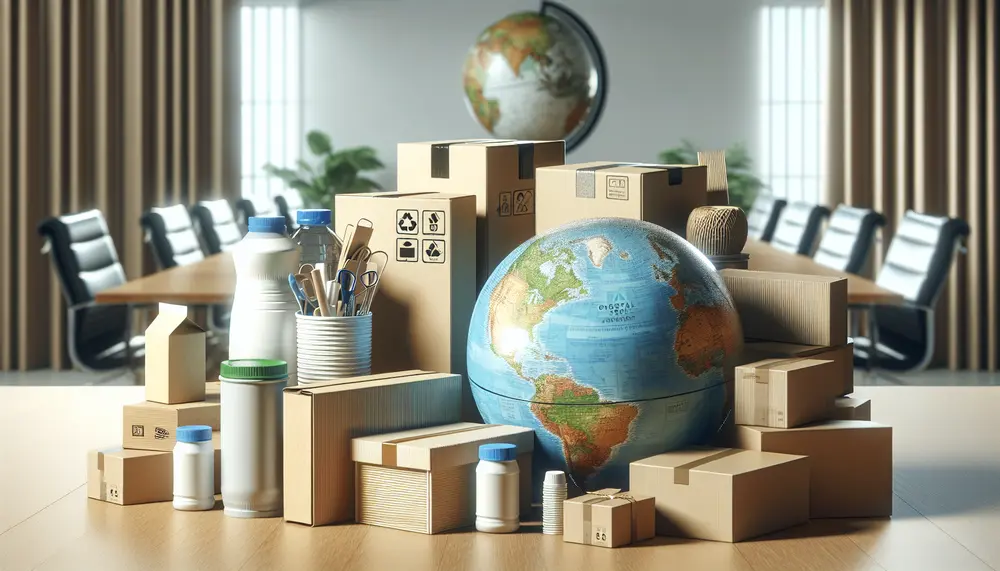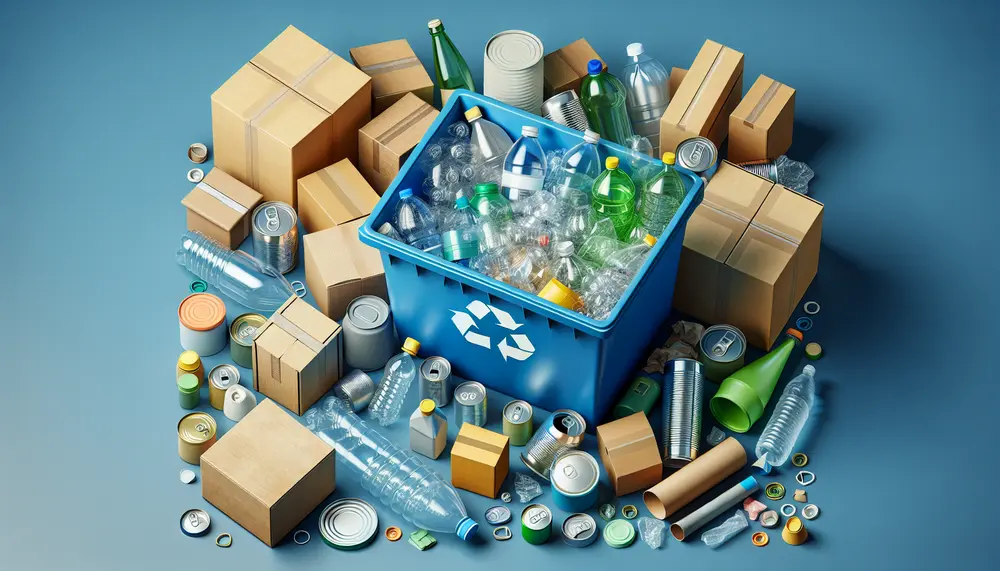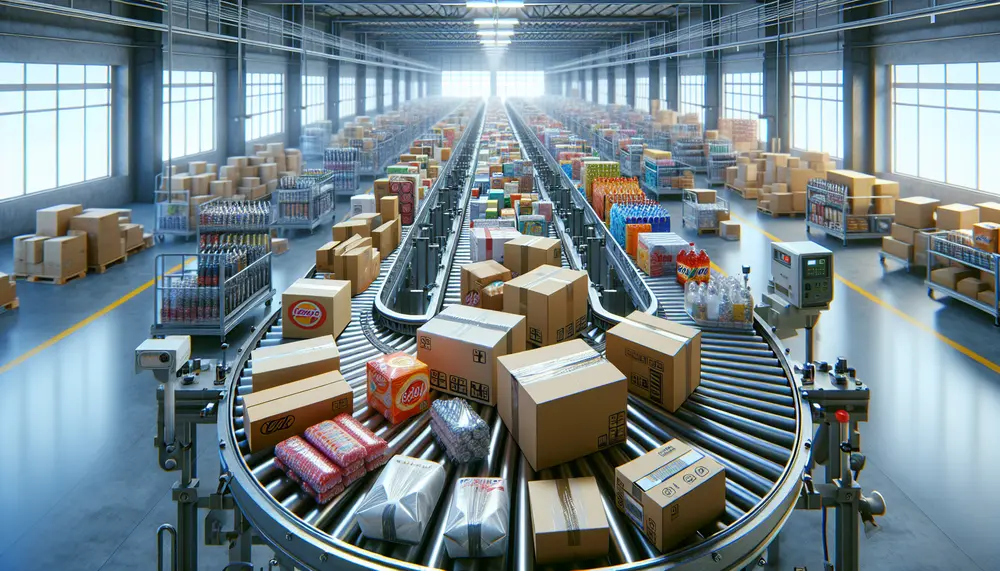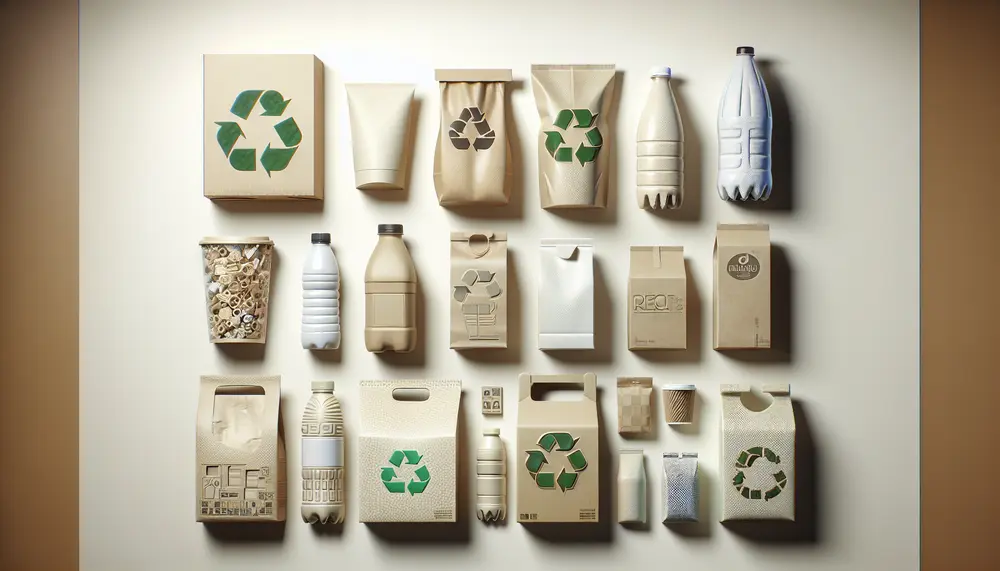Posts on the Topic Waste
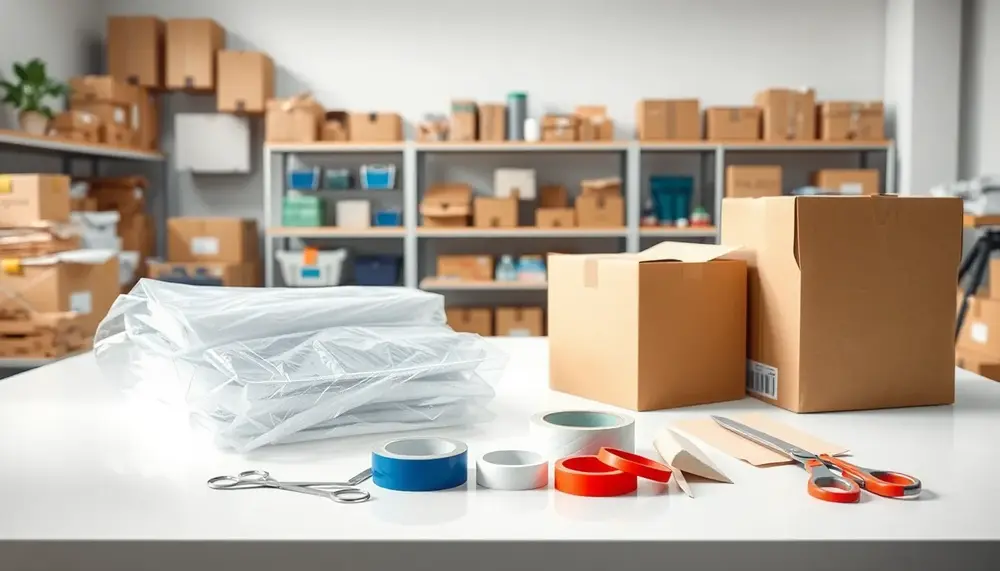
Partnering with reliable packaging providers enhances efficiency, sustainability, and branding through tailored solutions like lightweight materials and optimized designs. These partnerships support eco-friendly practices, cost savings, scalability, and industry-specific needs while fostering long-term growth and environmental responsibility....
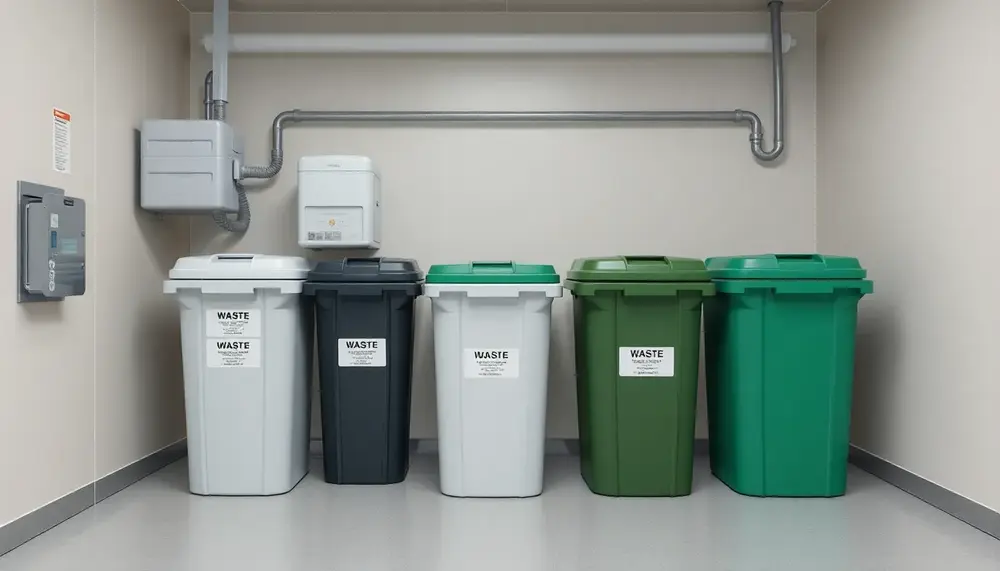
Pharmaceutical waste includes unused, expired medications that require proper disposal to prevent environmental contamination and health risks; safe disposal involves removing personal information, mixing with unpleasant substances, sealing in a durable container, and disposing of it responsibly....
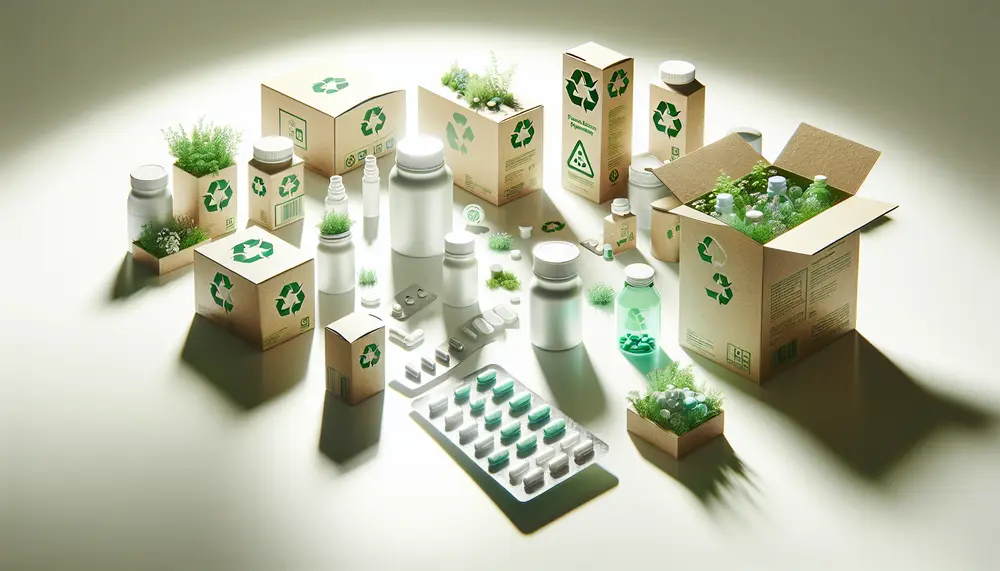
The shift towards sustainable pharmaceutical packaging is driven by environmental awareness, regulatory pressures, and consumer demand for eco-friendly products, offering benefits like waste reduction and enhanced brand reputation despite challenges such as high initial costs. Innovative materials like bioplastics and...
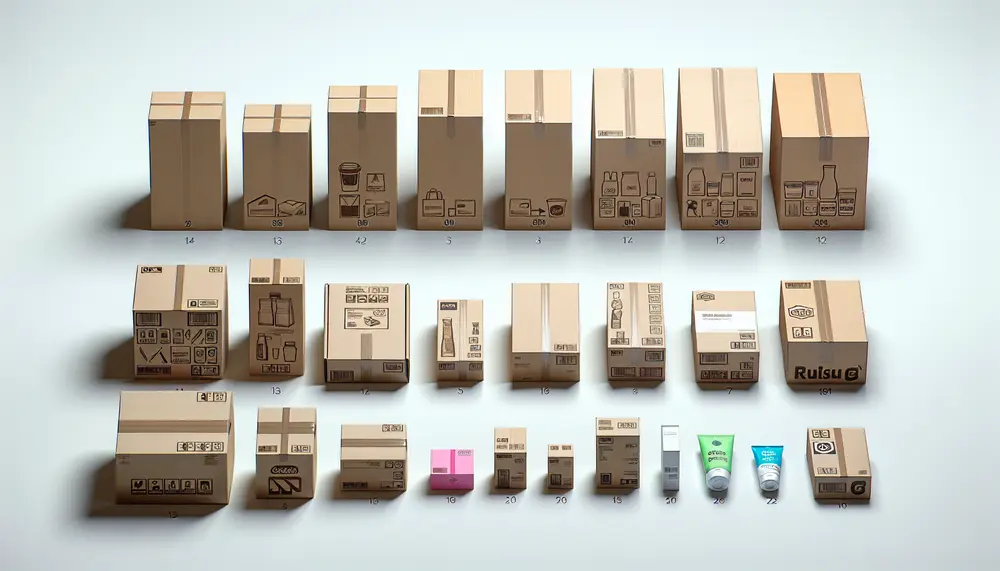
Product packaging is essential for protection, marketing, and providing consumer information; it influences brand perception and purchase decisions through design elements like color schemes. The design process involves research, feedback, prototyping, and technical considerations to ensure functionality and appeal. Choosing packaging...
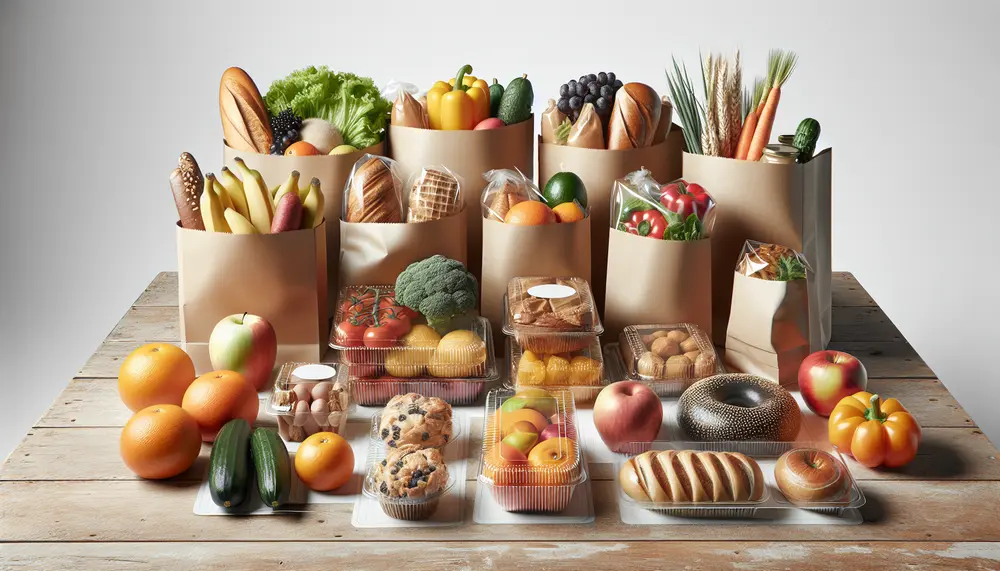
Packaging is critical for food safety and freshness, providing a barrier against contaminants and extending shelf life through innovations like modified atmosphere packaging. It also protects from physical damage during distribution, playing an essential role in preventing foodborne illness. Choosing the...

Packaging choices significantly affect the environment, contributing to pollution and resource depletion due to non-biodegradable waste and high carbon footprints. The rise of eco-friendly packaging solutions like bioplastics and recycled materials reflects a shift towards sustainability in response to environmental...
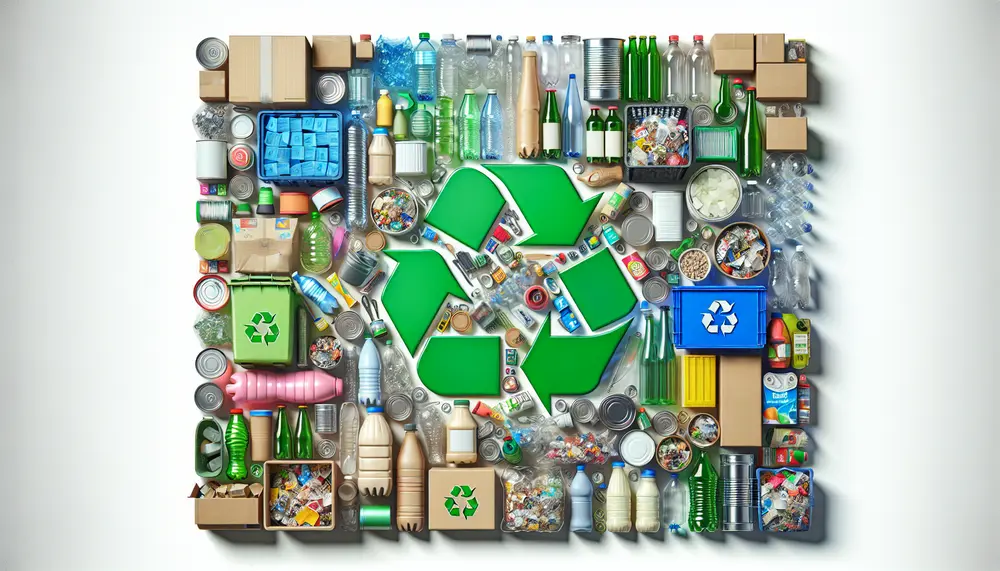
The 2023 packaging and waste regulation emphasizes sustainability, with new directives pushing for circular economy models and improved design for recyclability. Businesses must adapt to these changes, which include Extended Producer Responsibility (EPR), incentivizing eco-friendly packaging innovation. EU packaging waste regulations...
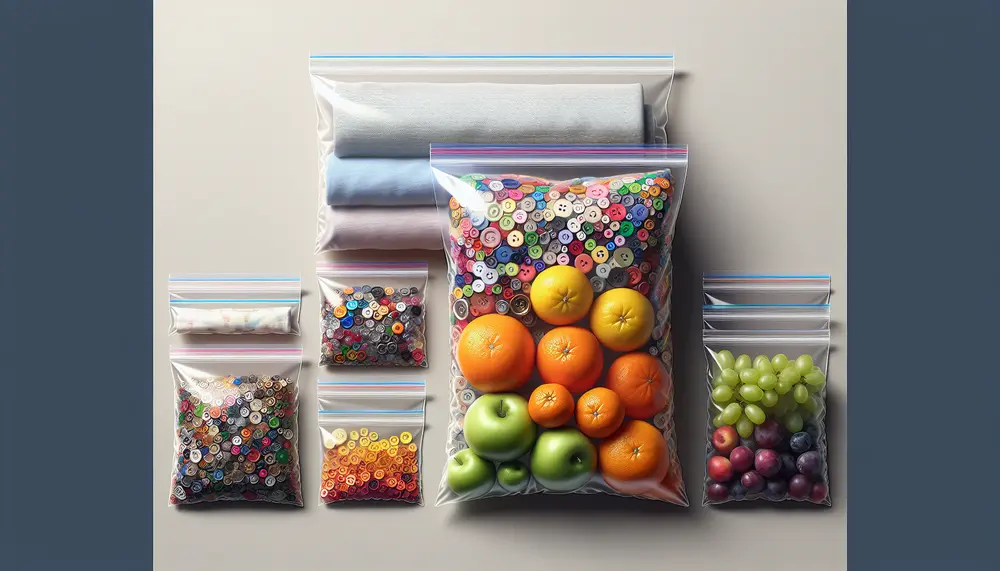
Ziplock packaging bags offer a versatile and sustainable solution for storage, organization, and transportation needs across various industries. They are reusable, come in different sizes with additional features, and advancements include recycled material options to reduce environmental impact. Recycled ziplock packaging...
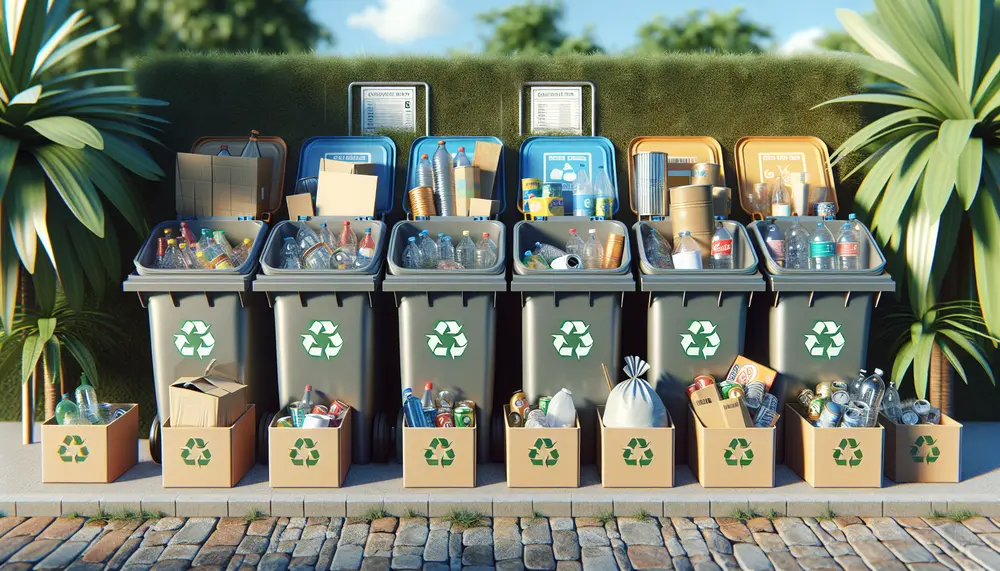
The Packaging Waste Directive (Directive 94/62/EC) is a key EU legislation aimed at reducing packaging waste by setting recovery and recycling targets, promoting sustainable design, and minimizing landfill disposal. Compliance with the directive benefits businesses through enhanced reputation, cost savings,...
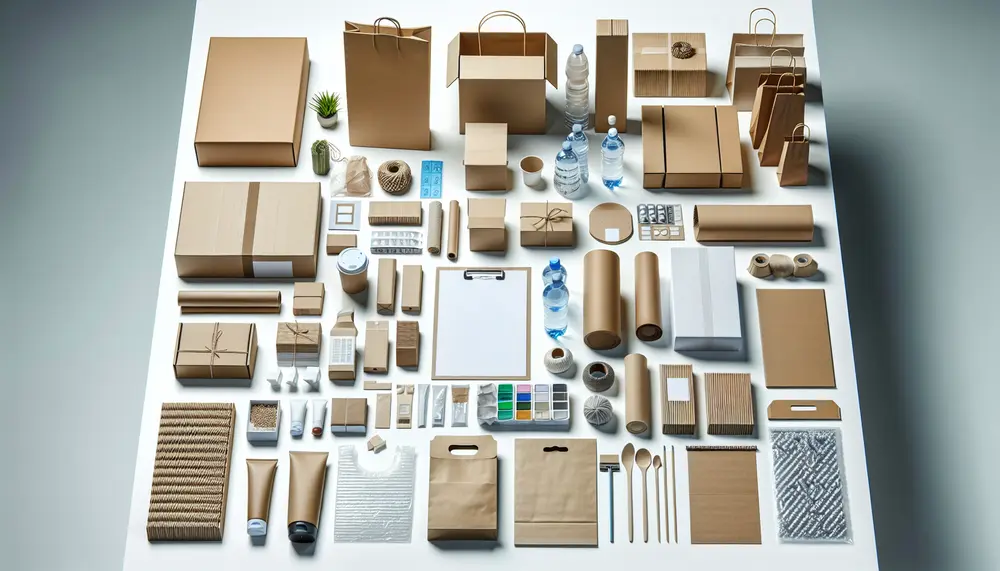
The Packaging Corporation of America (PCA) is a leader in innovative packaging solutions, enhancing brand recognition and sustainability with advanced designs and materials. PCA's custom-engineered options cater to diverse industries, integrating technology for efficiency and quality assurance while focusing on...
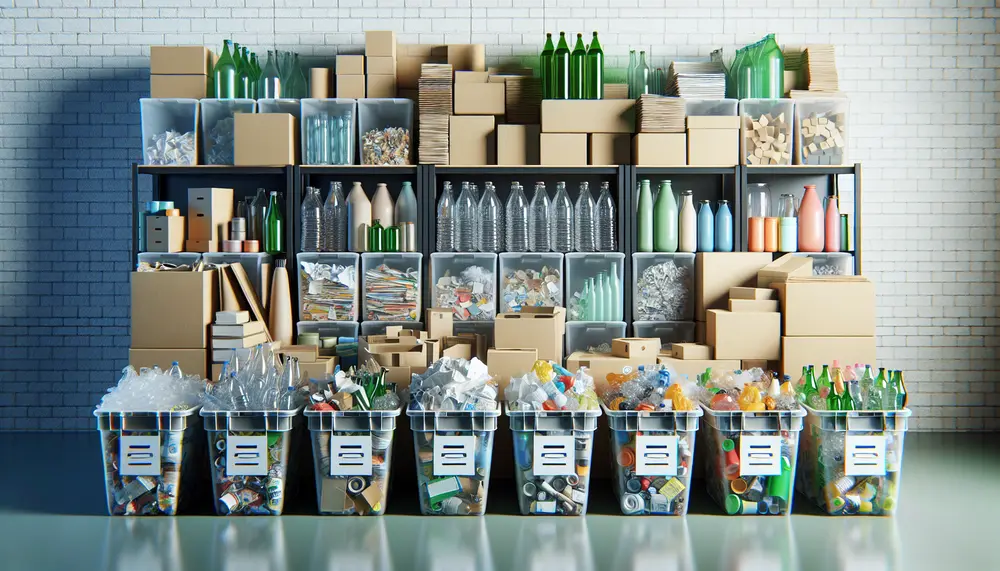
Packaging recycling is essential for environmental sustainability, conserving resources and reducing landfill waste. It faces challenges like cost and contamination but offers benefits such as reduced emissions and job creation. The impact of packaging waste includes ocean pollution, greenhouse gas emissions...

Packaging in the USA market is essential for brand strategy, influencing consumer behavior and ensuring product protection. Trends like smart packaging, personalization, sustainability, and minimalist design are shaping the industry's future. Sustainable packaging enhances brand image but may incur higher costs...
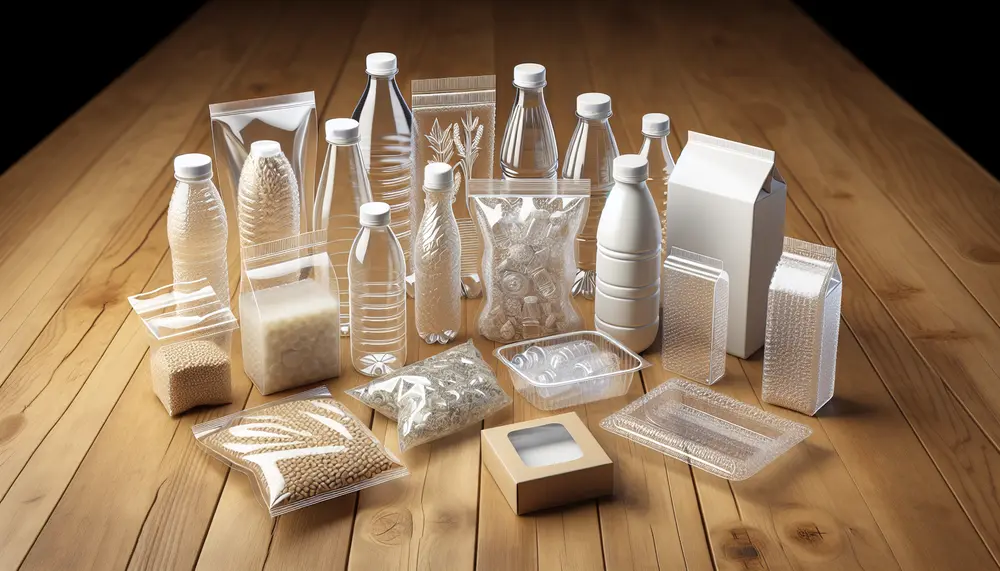
Edible packaging is an eco-friendly innovation designed to be eaten with the product, reducing waste and using sustainable resources. It offers benefits for both manufacturers and consumers, aligning with demands for environmentally friendly products amid climate change challenges. The edible packaging...

Paper trays are an eco-friendly alternative to traditional serving materials, being biodegradable and often produced from sustainably managed forests, which reduces waste in landfills and has a lower carbon footprint. They support circular economy principles by encouraging recycling and responsible...
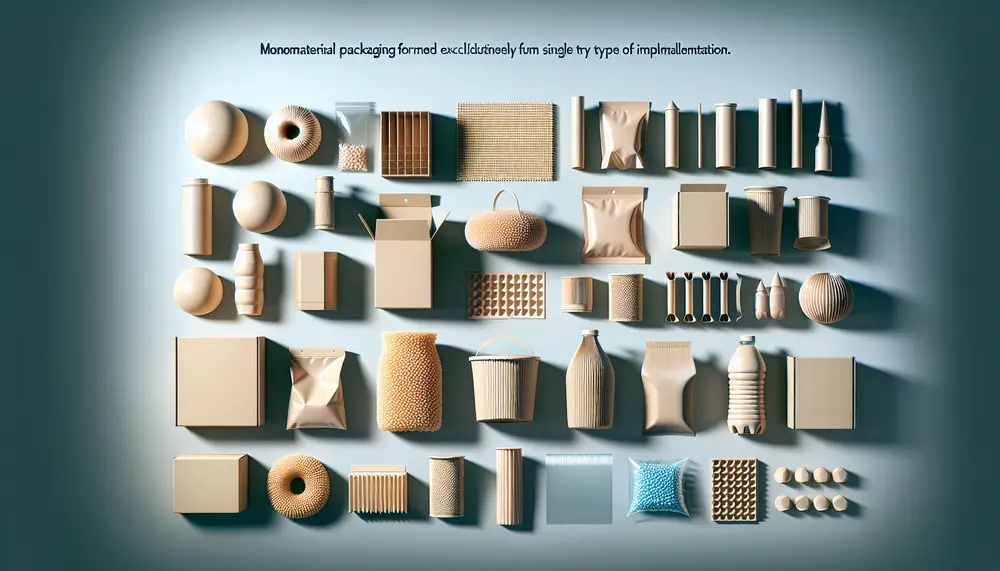
Monomaterial packaging, made from a single material for improved recyclability and production efficiency, faces challenges in maintaining product protection while research continues to develop suitable materials. The shift towards monomaterials aids the environment by reducing carbon footprints and waste, streamlining...

Reusable packaging promotes sustainability by reducing waste and encouraging a circular economy, with benefits including resource efficiency and reduced environmental impact. Regulatory incentives are fostering this shift towards reusability, which offers economic advantages alongside fulfilling global responsibility. The environmental benefits of...

The reusable cup movement promotes environmental responsibility by encouraging the use of multi-use cups over single-use disposables, reducing waste and inspiring conservation efforts. Disposable cups have a significant negative environmental impact due to their contribution to landfill accumulation, pollution, resource...
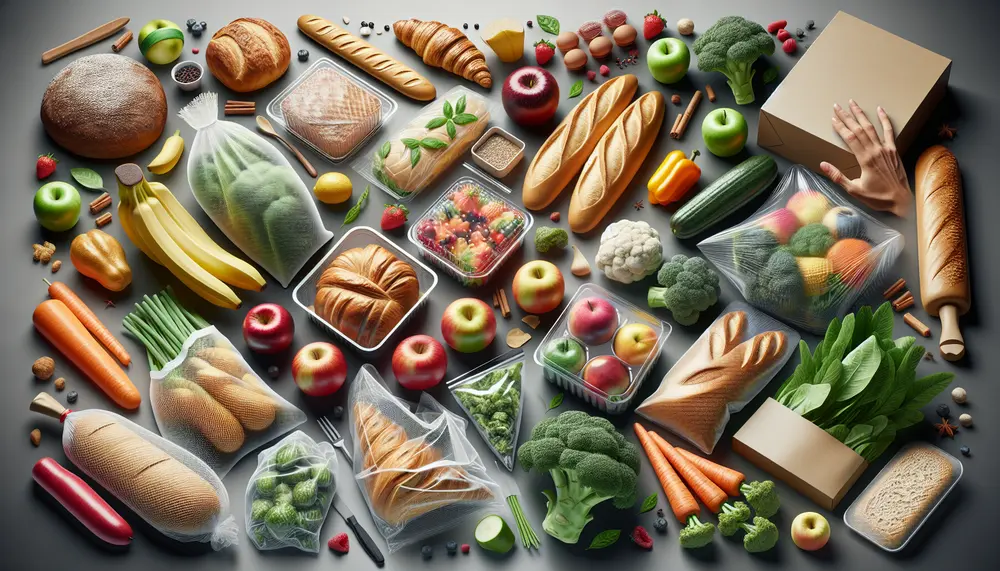
Food packaging is essential for protecting food, extending shelf life, and maintaining quality from production to consumption. It must meet safety standards, provide consumer information, facilitate transportation, enhance marketability, and support sustainability efforts. Innovative food packaging solutions address demands for convenience...
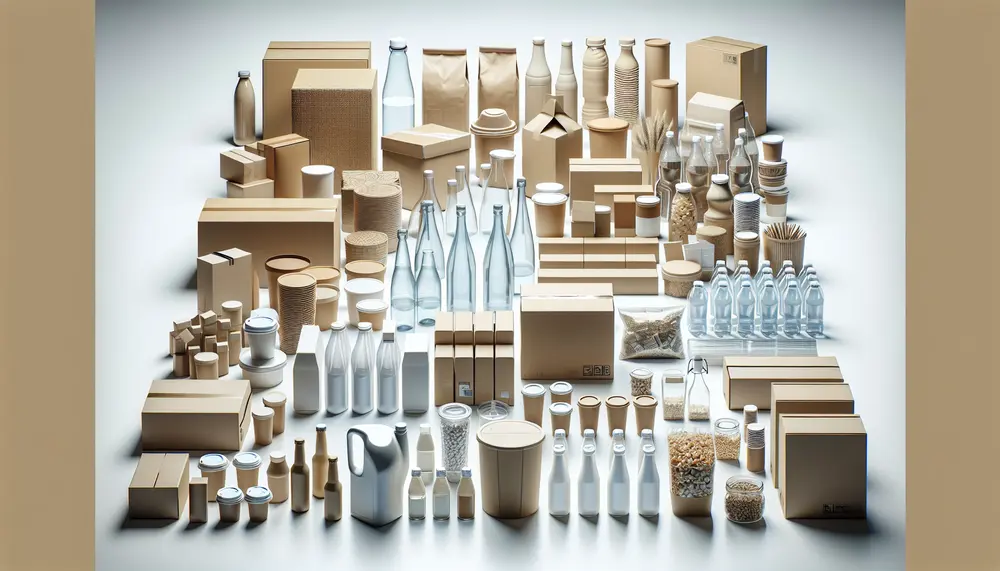
The European Union's packaging framework emphasizes environmental responsibility and sets quality and safety benchmarks for market-circulating packaging, requiring a life cycle approach from manufacturing to disposal/recycling. Businesses must understand these evolving standards to ensure compliance with the EU Packaging and...
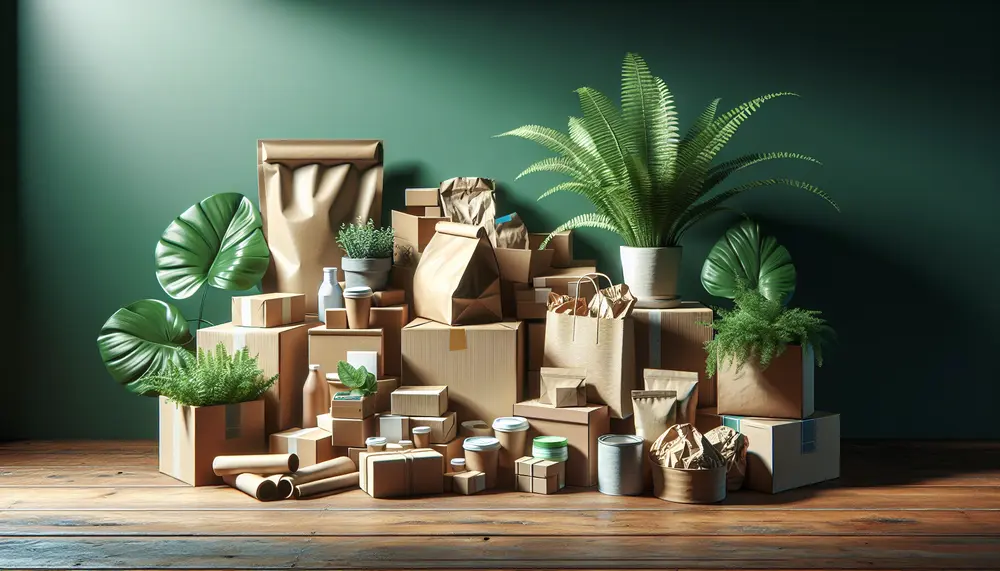
Sustainable packaging minimizes environmental impact through eco-friendly, efficient, and recyclable materials. It addresses pollution concerns, meets consumer demands for green practices, and provides competitive advantages to companies. The evolution of eco-friendly packaging has progressed from reducing material use to introducing biodegradable...
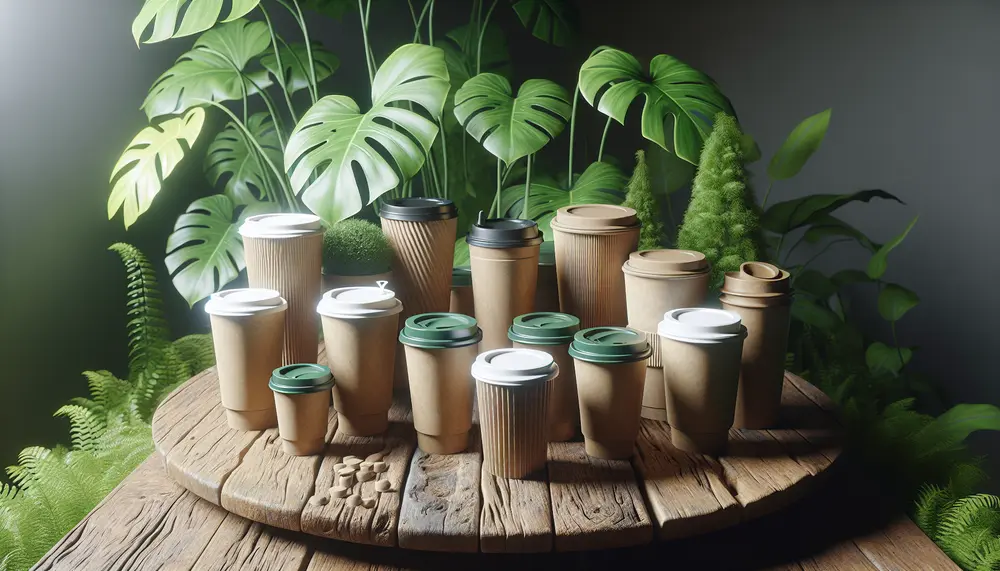
Disposable coffee cups significantly impact the environment due to their non-recyclable mixed materials, contributing to pollution and resource depletion. Efforts to mitigate this include shifts in consumer behavior, corporate responsibility, and innovative materials for alternative cups alongside reusable cup programs...
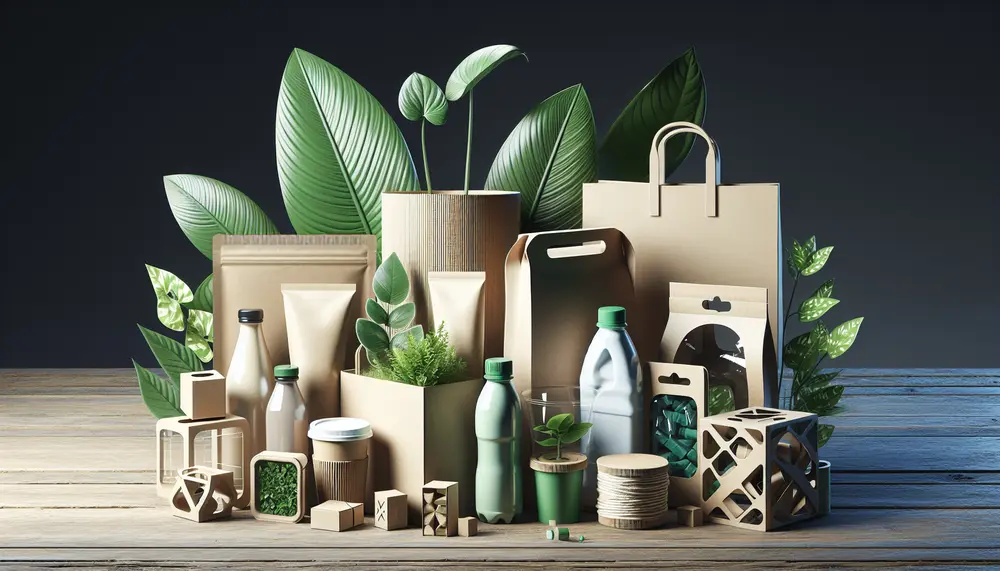
The Sustainability Awards for Packaging in Europe highlight innovative sustainable packaging solutions, emphasizing the industry's shift towards environmental responsibility as a core value. Winners are chosen based on comprehensive criteria that assess material efficiency, design for recycling, innovation, life cycle...
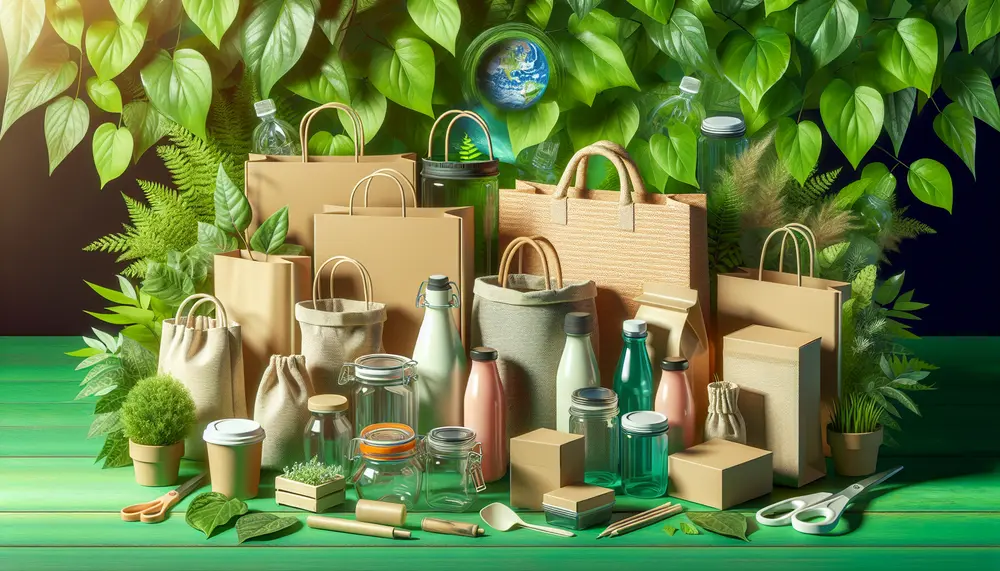
Sustainability in the packaging industry focuses on reducing environmental impact through a circular economy, optimizing supply chains, and aligning with consumer values for eco-friendly products. The industry faces challenges like waste accumulation and energy-intensive production but is shifting towards sustainable...

